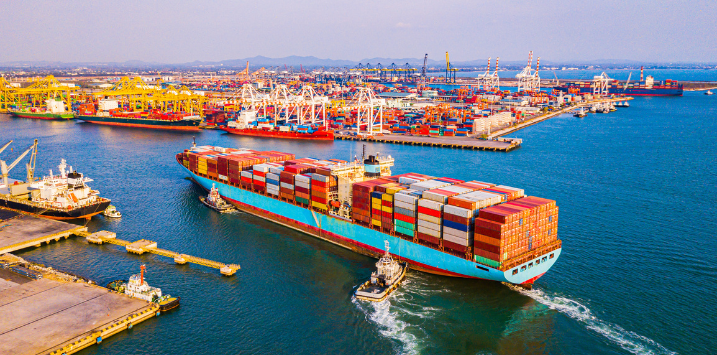
How to become poor: sell raw materials, buy the end product
This article was first published in The Australian on 30 March 2013.
Back in 2013, Wesfarmers (ASX:WES) chairman and head of a business council panel on the decline of value-adding and manufacturing in Australia Bob Every described Australia as a mere “quarry”.
I haven’t always agreed with him but he’s right. Last year, the opposition spokesman for debt reduction and a host of other portfolios, Andrew Robb, told me that the coalition would focus on Australia’s strengths – those strengths being agriculture and resources. I replied rather forcefully that there is no strength in selling dirt (coal and iron ore) because the rest of the world doesn’t care who they get it from, and they will pay only the lowest going price because they can get it anywhere else.
And don’t think for a minute that the current government has any idea either. Whether you look left or right, our so-called leaders know nothing about competitive advantage, pricing power or macro or microeconomic moats.
Take a look at the solution of Resources Minister, Gary Gray to the challenge of lower commodity prices: “I think it’s right to say that as we look to the future for our extractive industries, we see price uncertainty . . . our need to continue increasing our volumes.”
There are no competitive advantages in commodities and there is no pricing power, especially in the face of excess capacity, which the global resource sector frequently experiences.
Some months ago on the ABC’s The Business, I described the malaise Australia now found itself in as a result of a balance of payments deficit as “structural”.
This term is an unwitting admission by our leaders that they have no solutions and have simply given up any hope of building a stronger, wealthier and smarter Australia. The long-term impact of this is frightening.
The reason why our balance of payments current account is in deficit; the reason why the value of our exports is lower than the value of our imports; and the reason why we need nine tonnes of exported iron ore to pay for one imported iPhone is not because our balance of payments crisis is structural. And it isn’t because it is somehow permanent. The deficit exists because successive, insipid and uninspired politicians kowtow to a 24/7 news cycle that rewards soundbites instead of sound policy. The problem lies in the fact that we don’t add value to our exports.
The value of our exports is therefore lower than the value of our imports and the reason is because we don’t have an industry that can value add. And why don’t we have any industry that can add value to our exports? Because successive governments have either failed to provide any incentives to do so or have built policy around stupid macroeconomic theories like level playing fields.
They have killed manufacturing and innovation in this country on some ridiculous theory that we couldn’t compete anyway and consumers just want lower prices.
Ever wondered why we are good only at digging dirt out of the ground and selling it at whatever the going rate is? It is because that’s all we have left. We don’t make socks, or clothes, or paper or steel or much else. We ship out the dirt and the woodchips and the raw fruit and vegetables and then we reimport the more expensive finished products, enriching businesses in some other country. And as we roll towards an inevitable resources bust (it’s the commodity cycle, stupid) like a slow-motion train wreck, our leaders have left us providing nothing else but banking services and cafe lattes to each other.
Now don’t get me wrong – I am not suggesting we stop trade. Not at all.
We need to incentivise innovation and entrepreneurialism. We need to invest in education and give tax holidays to start-ups no matter what size and to smart IT professionals, while keeping them in Australia. And we need to stop telling the smart foreign students – those we have trained and shared our intellectual property with – that they cannot work here and must go back to their homelands to compete against us.
What many don’t realise is that the current account deficit requires a capital account surplus. If we are spending more on imports than we receive for our exports, we need foreign capital inflows to make up the difference. And to attract that foreign inflow into the capital account we are putting our farms, businesses and property up for sale.
If our government had true leaders with serious ambitions to improve our standard of living, it would fix the current account deficit and ditch the “quarry” moniker, and we might just be able to take advantage of the high Australian dollar and become the foreign investors ourselves.
At present, we are on the path to serfdom. We will be working longer hours for foreign landlords, renting their property and sending all the profits back to their grandkids.
Australia, we don’t need to worry about a foreign military invasion because invasion by acquisition is already under way.